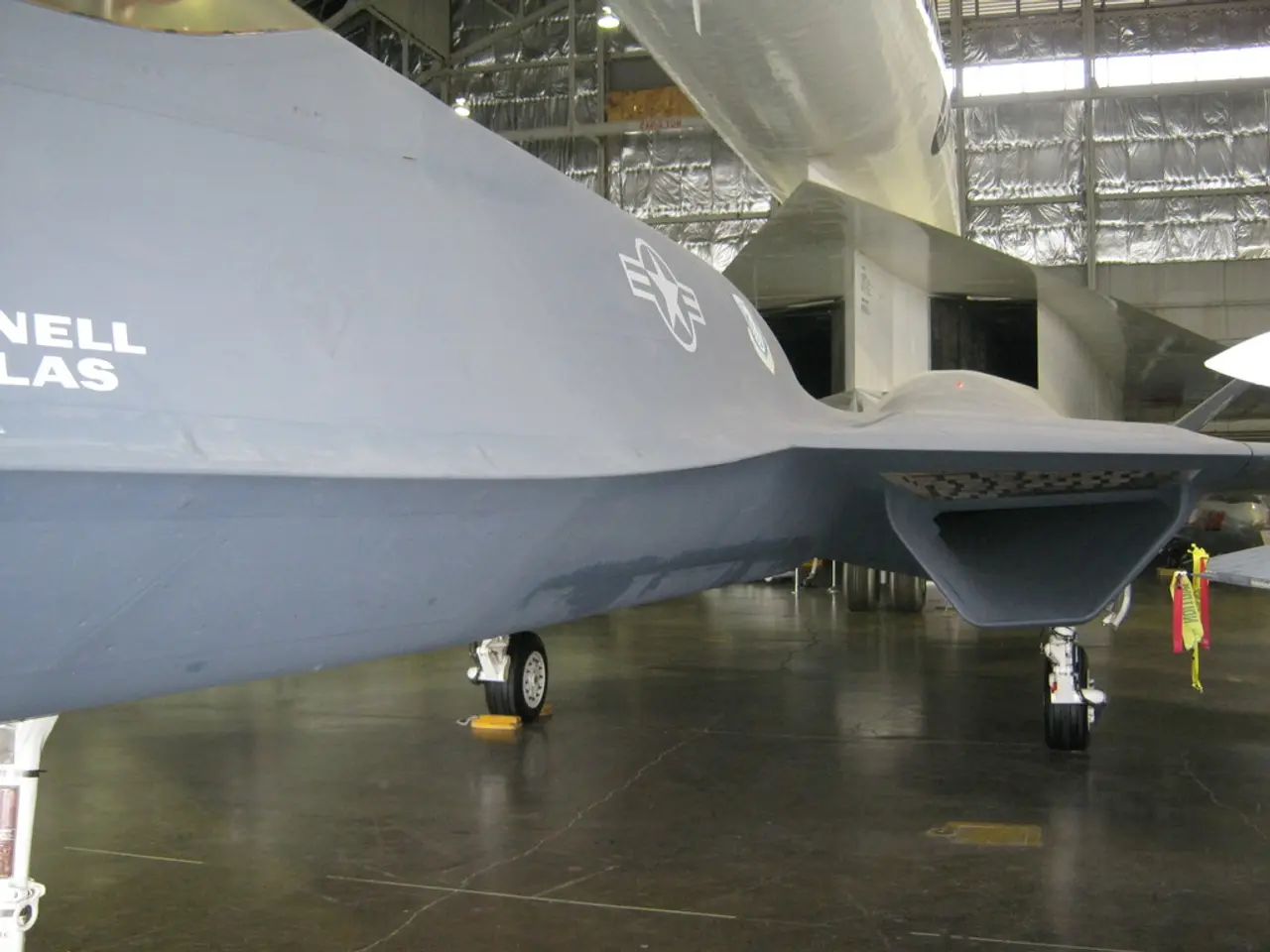Aircraft Zeroe Demonstrator Now Present
Airbus' A380 MSN1 Becomes the ZEROe Demonstrator for Hydrogen-Powered Flight
The Airbus A380 MSN1 (Manufacturer Serial Number 1) has been earmarked as the ZEROe demonstrator aircraft, playing a crucial role in Airbus' mission to develop hydrogen-powered commercial aircraft with a target entry into service by 2035.
This demonstrator serves as a platform for Airbus to experiment with hydrogen propulsion integration, assess hydrogen storage and fuel systems, and evaluate the impact of hydrogen powertrains on aerodynamics and aircraft performance before building the new hydrogen-powered commercial aircraft prototypes envisioned under the ZEROe program.
The use of the A380 MSN1 allows Airbus to leverage a large existing commercial airframe for practical testing, helping to reduce development risks and accelerate technology maturation. The A380 MSN1 is an excellent flight laboratory platform for new hydrogen technologies due to its size and spaciousness.
The A380 MSN1 is equipped to comfortably accommodate large flight test instrumentation needed to analyze the performance of hydrogen in the hydrogen-propulsion system. The aircraft will carry four liquid hydrogen tanks and a hydrogen combustion engine, developed by CFM International, which has modified a GE PassportTM turbofan to run on hydrogen for the ZEROe demonstrator.
Airbus' ZEROe demonstrator will test groundbreaking low-carbon aviation technologies, marking a significant step towards achieving zero-emission commercial air travel. The first flight of the ZEROe demonstrator is expected to take place in the next five years, following in the footsteps of the test flight in 2015, when the A380 MSN1 was used as a test aircraft for a development engine.
This isn't Airbus' first experience with hydrogen-powered flight; they were a key partner in the European Union's Cryoplane research project from 2000 to 2002. In 2022, Airbus launched a multi-year demonstrator program for ZEROe, a project aiming to develop the world's first hydrogen-powered commercial aircraft by 2035.
Mathias Andriamisaina, Airbus ZEROe Demonstrator Leader, stated that the A380 MSN1 is a safe, reliable, and versatile platform for testing a wide range of low-carbon technologies, making it an ideal flight laboratory for new hydrogen technologies. The test flight in 2015 lasted 4 hours and 14 minutes, analyzing the performance of a wide range of power settings at altitudes of up to 35,000 feet.
In summary, the A380 MSN1 is an experimental flying testbed that Airbus is using to demonstrate and validate hydrogen propulsion technologies and aircraft modifications needed for achieving zero-emission commercial air travel by 2035 within the ZEROe initiative. The A380 MSN1, the world's largest and most spacious passenger jet ever built, is a suitable test platform due to its size and spaciousness, making it an ideal flight laboratory for new hydrogen technologies.
The A380 MSN1 is serving as a flight laboratory for Airbus to explore the integration of hydrogen propulsion, assess hydrogen storage and fuel systems, and evaluate the influence of hydrogen powertrains on aerodynamics and performance in the context of developing hydrogen-powered commercial aircraft. Concurrently, Airbus is collaborating with companies in the finance, technology, and aerospace industries to achieve this ambitious goal.








